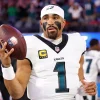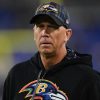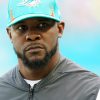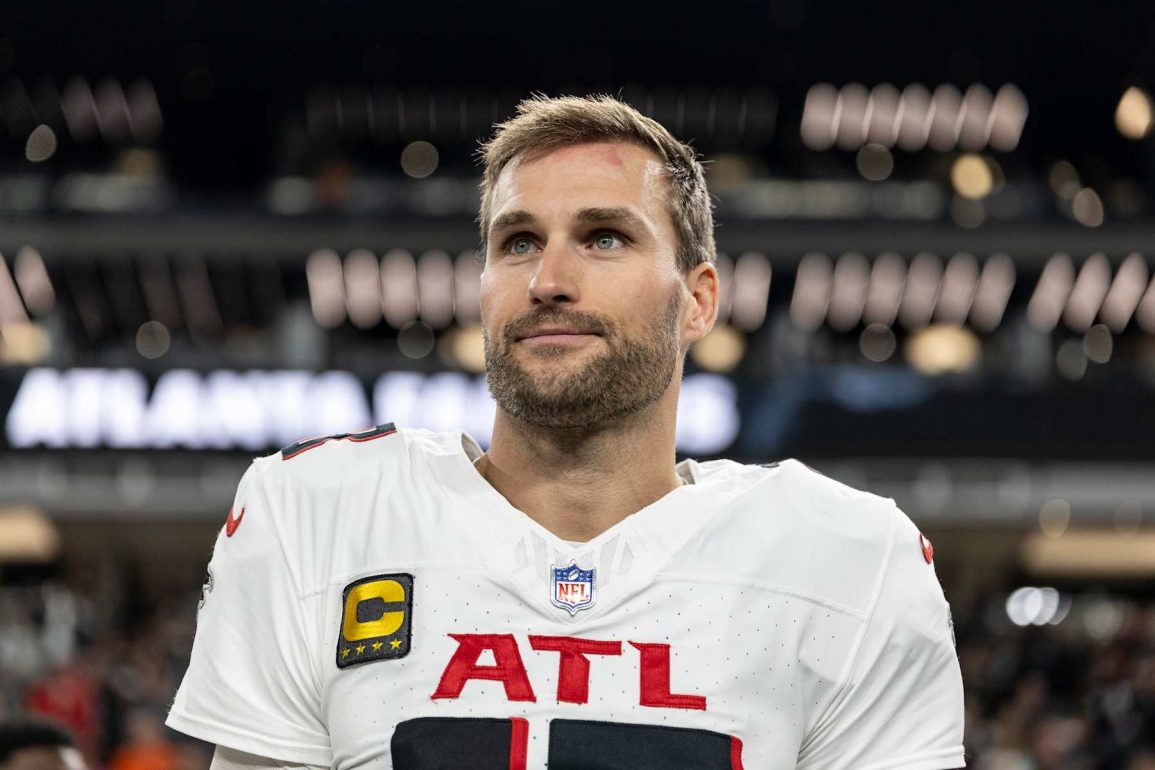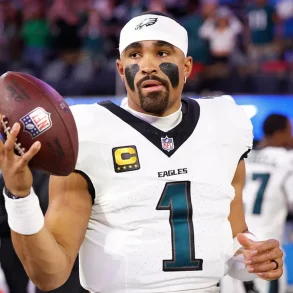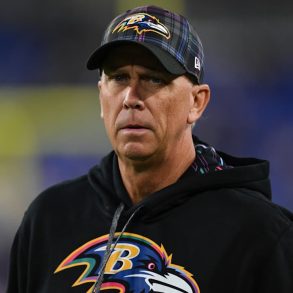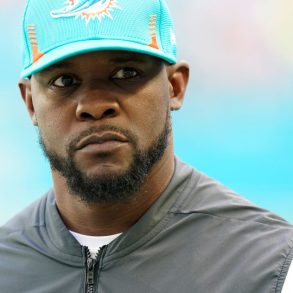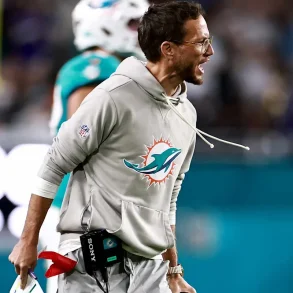The NFL quarterback carousel is moving slowly, with veteran players carefully considering their options. One such player is Kirk Cousins, the Atlanta Falcons’ quarterback, who is a potential trade candidate. However, any trade depends on two key factors: the Falcons’ willingness to move him and Cousins’ decision to waive his no-trade clause. Until those questions are answered, his future remains uncertain, with teams evaluating their quarterback needs.
Cousins Hesitates on Trade Due to Replacement Concerns and Falcons’ Unclear Intentions
A major reason for Cousins’ hesitation in accepting a trade is his concern about being replaced by a younger quarterback. Last season, he was caught off guard when the Falcons drafted Michael Penix Jr. with the eighth overall pick, despite signing Cousins earlier in the offseason.
This experience has made him wary of trusting teams’ promises. As a result, Cousins wants to wait until after the NFL Draft to see if any potential trade destination selects a quarterback before deciding whether to approve a move.
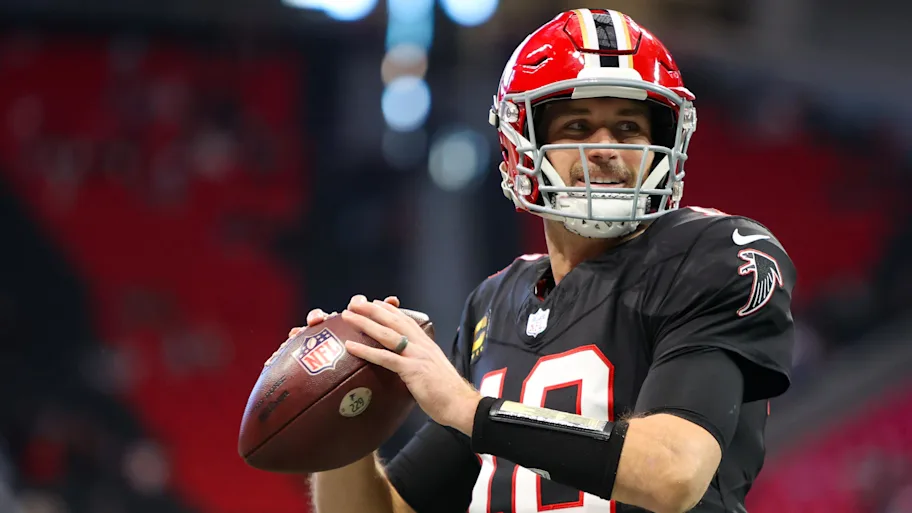
Despite the speculation around a trade, the Falcons may not even be interested in moving Cousins. Reports suggest they could be willing to pay him $27.5 million in 2025, even if he serves as a backup to Penix Jr. If that is the case, the discussion about his trade value becomes irrelevant. The team’s long-term plan for the quarterback position will likely become clearer as the draft approaches.
Salary and Timing Determine Cousins’ Leverage in a Post-Draft Quarterback Market
Another factor in any potential trade is whether a new team would be willing to take on Cousins’ full 2025 salary. If a team sees him as a clear starting option, they may have no issue paying his contract. However, if teams choose to wait until after the draft, Cousins could gain more leverage.
If a franchise finds itself without a solid quarterback option after the draft, it may become desperate and be more willing to meet his terms, potentially securing him a better deal.
Given these uncertainties, Cousins’ decision to wait before making any moves appears wise. He has learned from past experiences that quarterback commitments made in March can quickly be undermined by draft picks in April. By waiting to see how the draft unfolds, he increases his chances of landing in a stable situation where he can be a guaranteed starter, rather than risking another scenario where he is unexpectedly pushed aside.
